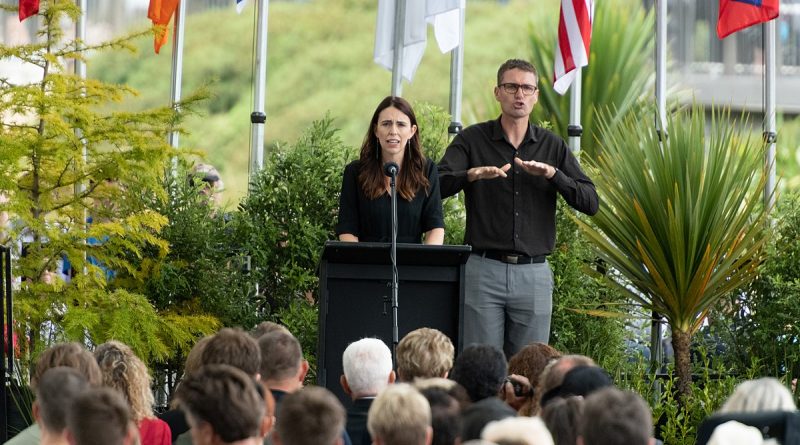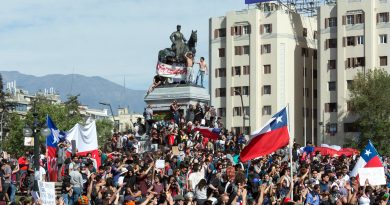New Zealand to Ease Stringent COVID-19 Restrictions with Rise in Vaccine Rates
Leah Chan
Staff Writer
New Zealand Prime Minister Jacinda Ardern announced at the beginning of the month that Auckland, the largest city in the country, is scheduled to ease COVID-19 restrictions promptly, according to Reuters.
The country upheld strict virus regulations since the start of the pandemic. The approach adopted by New Zealand is characterized by stringent lockdowns, precise contact tracing, closure of superfluous establishments, and a myriad of other combative strategies. These tactics, though harsh, proved particularly successful, resulting in citizens lives’ returning to normalcy at a faster rate than other developed nations. However, according to NPR, New Zealand reinstated rigorous quarantine policies on August 17, in reaction to the spread of the highly contagious delta variant. The new outbreak mostly affected Auckland, which contains one-third of New Zealand’s population. October marked the first acknowledgement made by the government that their “elimination” procedure cannot continue indefinitely, accompanied by a tentative plan to slowly lift restrictions.
Despite the imminent rescinding of restrictions, New Zealand continues to record a high number of cases daily, says The New York Times. A record 206 cases were documented on November 6. Nonetheless, their response will be instituted shortly. The necessity for governmental action seems to have been prompted by the increasing national vaccination rate as well as ongoing protests against existing constraints.
The NZ Herald cites that the population is projected to reach 90 percent full vaccination by the end of November. This is the government’s standing target to commence a full repeal of restrictions. The ever-expanding pool of individuals eligible for the vaccine has helped bolster these numbers tremendously.
Alongside vaccination rates, tensions have also increased as protests erupt across the nation, demanding an end to the three-month long lockdown. VOA News reports on one such incident that took place in Wellington, New Zealand on November 9. Protestors convened outside the parliament building at the nation’s capital while holding anti-vaccine signs, many of which were inspired by former U.S. President Donald Trump. Reuters details the demonstration, asserting that Ardern’s vaccine mandate for public workers incited heavy criticism. The official mandate calls for all healthcare workers to be fully vaccinated by December, with teachers following in January. The protests echo the outcries of anti-vaxxers in the United States, condemning the spread of “fake” news and insisting on their right to choose whether or not to get the COVID-19 vaccine. In spite of the surge in resistance from New Zealanders, the prime minister claims this is not indicative of the majority’s opinion.
An important aspect of the regulations lift is the reopening of Auckland’s borders. The cabinet is currently set to decide the date on which the city’s borders will become accessible on Nov. 29. The country began easing border restrictions in early November, according to CNN, when the quarantine period for fully vaccinated visitors was shortened to seven days. Travelers from certain Pacific regions are no longer required to quarantine upon arrival. However, since there are still areas with low vaccination rates, as VOA affirms, options for a limited reopening include shutting off these high-risk sections or only permitting entry to fully vaccinated individuals. Regardless, Auckland’s borders will become largely operative within the coming weeks.
To the delight of many citizens stuck in quarantine for the past few months, new regulations will permit outdoor social gatherings of up to 25 people. The New York Times details the ensuing rules, noting that the facilities and businesses deemed dispensable during the pandemic will now be reopened to the public. These include shopping malls, libraries, museums, and other indoor, large capacity places. Ardern hopes to eventually establish a process in which proof of vaccination is required to utilize the city’s services. Masks and social distancing will still be required until further notice.


